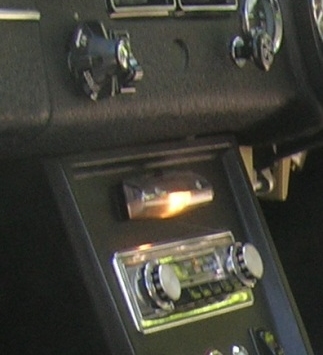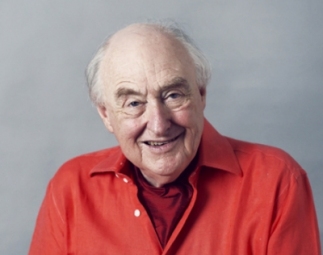

|
BBC has
called time on long wave radio transmission
This will not only spell the end of Test Match Special but
will also leave the owners of millions of vehicles that remain
equipped with analogue radios, unable to tune in. It will
also spell the end of the longwave shipping forecast leaving
seafarers who do not have access to digital radio no longer
able to hear it. The Maritime and Coastguard Agency said the
shipping forecast was an important service, providing safety
information to mariners as well as being a valued institution.
The
end of longwave transmission is one of a series of changes
announced by Tim Davie, the Director General, as part of plans
to turn the BBC into a "digital-first public service
media organisation". He said the BBC "must evolve
and fast" in response to the changing landscape. We are
moving decisively to a largely on-demand world and too many
resources are focused on broadcast and not online". He
says the plans will save the BBC £500 million over the
coming years which will be invested into digital programming.
A total of 1,000 jobs will go across the publicly funded BBC.
Probably more funding will go the high salaries of presenters
and senior management too!
Test Match Special
TMS is a British institution and the end of longwave transmission
will spell the end of Test Match Special for a dedicated audience
of listeners who still tune in to the programme via BBC longwave.
The decision to end Test Match Special on longwave was met
with dismay by Henry Blofeld, a TMS commentator for 45 years
until his retirement in 2017. He said "anything that
restricts the coverage of TMS and the number of people going
to listen to it is extremely sad". Sir Geoffery Boycott,
a former England captain, said "if it's not broken, don't
fix it. It's a dreadful thing, but they have no idea on running
the Beeb" adding the BBC bosses wouldn't get a job in
the real world.
|




